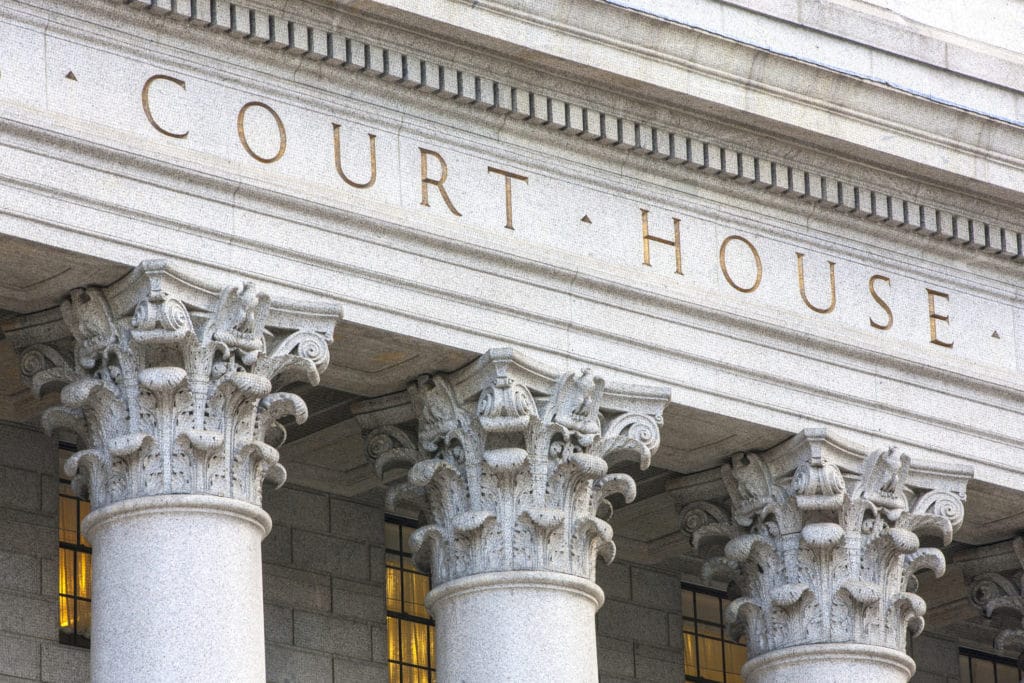
Stages of a Federal Criminal Case
- Investigation: Here information is collected and provided to the United States Attorneys in their respective districts. Depending on the specific facts, this may involve a search warrant and even and arrest.
- Charging: After evidence is examined, the prosecutor will decide whether to present the case to the grand jury. When a person is indicted, he or she is given formal notice that it is believed a crime was committed and the charge against him or her.
- Initial hearing/arraignment: Either on the same day a defendant is arrested and charged, or perhaps the day after, he or she is brought before a magistrate judge for an initial hearing of the case. Here, the defendant learns more about his or her rights and charges, arrangements are made for an attorney if one cannot be afforded, and the judge decides if the defendant will be held in prison or released until trial.
- Discovery: Before a case can really be heard properly, there is a lot of work to be done. This includes becoming familiar with the facts of the crime, interviewing witnesses, studying evidence, and developing a trial strategy.
- Plea bargaining: Often times, the government may offer the defendant a plea deal to avoid trial and perhaps reduce the defendant’s exposure to a more lengthy sentence. A defendant may only plead guilty if he or she actually committed the crime and understands the details of the bargain. If so, they will admit to the crime in open court and agree that they may be sentenced by the judge.
- Preliminary hearing: Here, the prosecutor must demonstrate to the court that there is enough evidence to charge the defendant. This is in essence a mini trial, in which witnesses may be called, evidence presented and the defense can even cross examine witnesses.
- Pre-trial motions: These may be made by the prosecution or defense and are a request for the court to make a decision on certain issues before the trial begins. These motions can affect the trial, courtroom, defendants, evidence, or testimony.
- Trial: After all this, a trial is conducted in which the prosecutor first puts on their case and then the defense puts on theirs. Witnesses and evidence will be presented to the court and at the conclusion a jury will decide whether or not the defendant is guilty.
- Post-trial motions: If the defendant is convicted, several motions can be filed after the trial is over. The most common include motion for a new trial, motion for judgment of acquittal, and motion to vacate, set aside, or correct a sentence.
- Sentencing: After a defendant is found guilty the judge receives guidance and assistance from several sources in order to sentence the defendant.
- Appeal: Even after a defendant is found guilty, he or she can still attempt to appeal the case for a variety of reasons. The type of appeal will depend on the specifics of the case.
If you are beginning a criminal case, please contact the experienced attorneys at Shein & Brandenburg. We can work with you to discuss the details of your case and guide you through this process.


